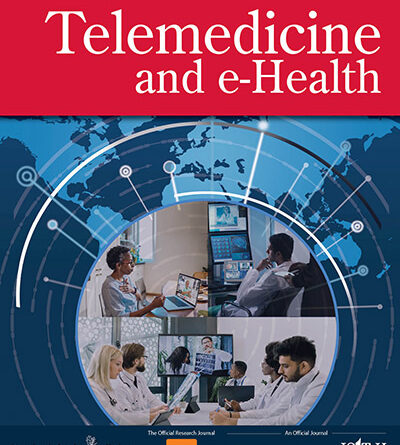Evaluating Health Care Professionals’ Readiness for e-Health Adoption in the Context of the COVID-19 Pandemic: A Georgian Perspective
Background:The COVID-19 pandemic has accelerated the adoption of Electronic health (e-Health), leveraging technologies such as telemedicine, electronic health records, artificial intelligence, and patient engagement platforms. This transformation underscores e-Health’s role in providing efficient, patient-centered care. Our study explores health care professionals’ readiness for these technologies, emphasizing the need for tailored education in this evolving landscape.
Methods:In our study, conducted between February and March 2023, we administered a questionnaire-based survey to 500 staff members (82.4% female, 17.6% male) aged 25–70 from medical universities in Tbilisi, Georgia. The structured questionnaire covered topics such as computer literacy, telemedicine awareness, patient data security, and ethical considerations. We employed SPSS v21.0 for data analysis, encompassing descriptive statistics and thematic analysis of open-ended responses.
Results:Our study included 500 participants categorized into five age groups. Notably, 31% considered themselves computer “experts,” while 69% rated their skills as “intermediate” or “advanced.” Furthermore, 85% used computers professionally, with 33% having practical computer training. Interestingly, 59% expressed interest in information technology training. Regarding e-Health, 15% believed it involves remote communication between health care professionals and patients, while 42% considered it “correct,” and 37% “might be correct.” Concerning its application in managing patients, opinions varied. In terms of e-Health’s integration into Georgia’s health care, responses ranged. Regarding patient data safety, participants exhibited diverse views. Finally, opinions on the necessity of informed consent for e-Health applications varied among participants.
Conclusions:Our study explores health care professionals’ readiness for e-Health adoption during the COVID-19 pandemic. It reveals varying computer literacy levels, a willingness to learn, differing views on e-Health applications, and mixed opinions on its integration into Georgian health care. These findings emphasize the need for clear e-Health terminology, education, tailored approaches, and a focus on data privacy and informed consent. Overall, e-Health’s transformative role in modern health care is underscored.


